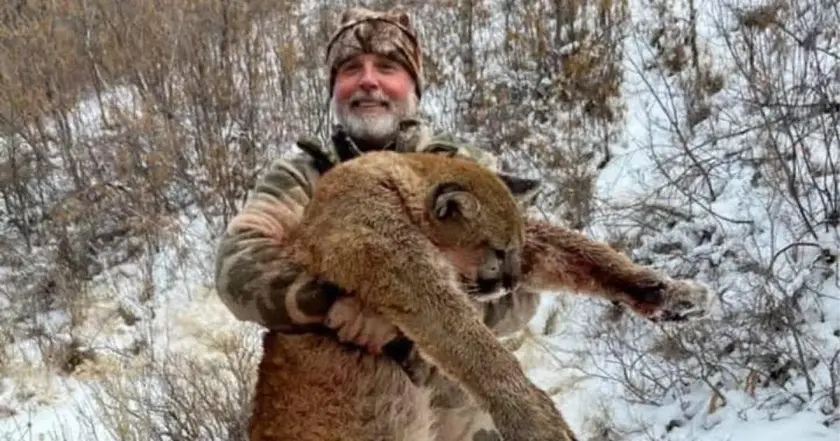T4K3.news
Rhino horn trafficking arrests in South Africa
Six people including a prominent rhino breeder face charges in a seven year probe into an international rhino horn trafficking network in South Africa.
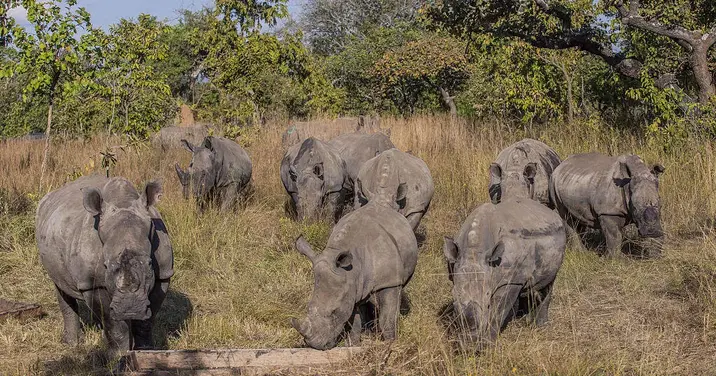
Six people including a prominent rhino breeder are charged in a seven year probe into an international rhino horn trafficking network in South Africa.
Well-known rhinocerous breeder among 6 arrested in South Africa over $14 million rhino horn trafficking scheme
Six people, including a well known rhinocerous breeder, were charged in South Africa Tuesday in connection with an international rhino horn trafficking network after a seven year investigation. Authorities said the suspects smuggled 964 horns worth about 14.1 million dollars to illegal markets in Southeast Asia. They face charges of fraud, theft and violating a biodiversity law. The case follows a seven year Hawks police investigation and shows the ongoing reach of wildlife crime networks.
At a Pretoria magistrate court the six appeared and were granted bail. The Platinum Rhino site, a 19 270 acre ranch in the northern province, was bought by African Parks in 2023 and is home to about 2 000 rhinos, roughly 15 percent of the world remaining wild southern white rhino population. Zimbabwe born John Hume, now in his mid 80s, led the site before it was acquired by a conservation NGO. Hume sparked controversy in 2017 by organizing a three day online auction of horns he had collected by sawing them off rhinos to deter poachers. Save the Rhino praised the arrests and urged stronger action against wildlife crime.
Key Takeaways
"The Hawks' work shows that our enforcement agencies will not hesitate to pursue those who plunder our wildlife for criminal profit."
Statement from the environment minister on the enforcement effort.
"Disrupting transnational organised crime is essential to stopping poaching, allowing populations to recover and ensuring rhinos have a future in the wild."
Save the Rhino CEO Jo Shaw on the impact of the crackdown.
The case highlights how valuable rhino horn remains on black markets and how cross border networks operate. It also shows a tension in domestic law, since possession may be legal within South Africa while export is banned, creating a potential loophole for criminals. The Hawks crackdown signals serious commitment from authorities, but long term success will require tighter export controls, better traceability of rhino products, and stronger oversight of large conservation estates that blend protection with potential commercial activity.
Experts say the incident underscores the need for international cooperation, data sharing and sustained funding for anti poaching and wildlife protection. It may also shape public opinion about wildlife farming and conservation by raising questions about the governance of high profile ranches and the sources of funding for conservation work.
Highlights
- The Hawks will not hesitate to pursue wildlife criminals.
- Disrupting transnational crime is essential to stopping poaching.
- Wildlife crime networks thrive on money not mercy.
Rhino horn trafficking risk to wildlife and governance
The case links wildlife crime to a high profile ranch and international markets, raising concerns about governance, transparency and the potential for public backlash against conservation efforts.
Investigations will continue as authorities review links between farms, traders and international buyers.
Enjoyed this? Let your friends know!
Related News
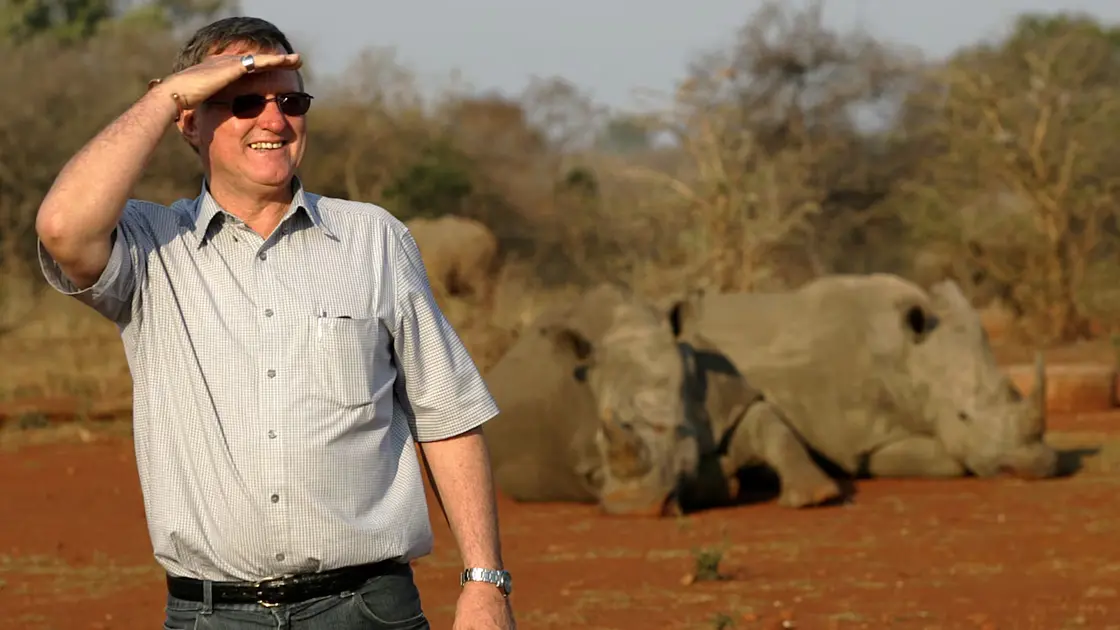
Rhino horn trafficking ring busted in SA
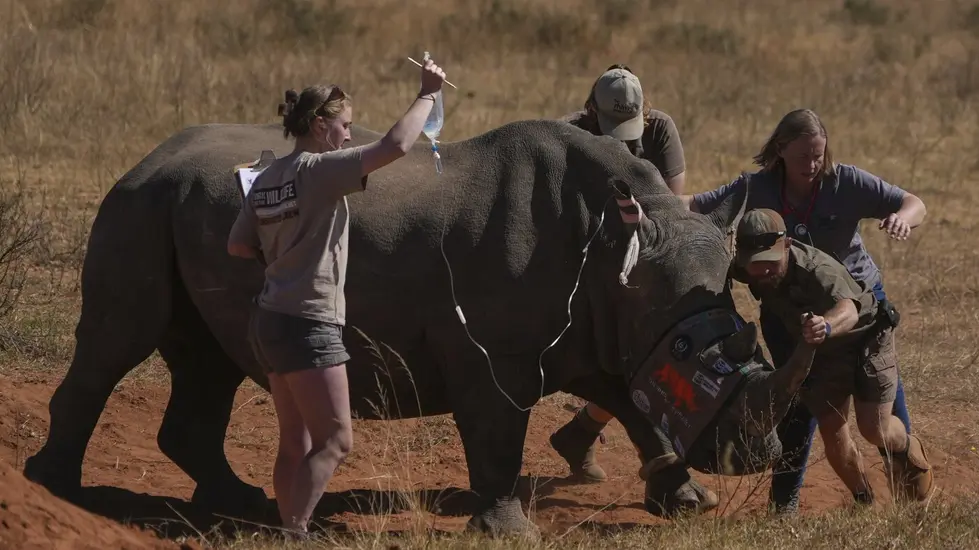
South Africa launches campaign to inject rhino horns with radioactive isotopes

South Africa launches new method to protect rhinos from poaching
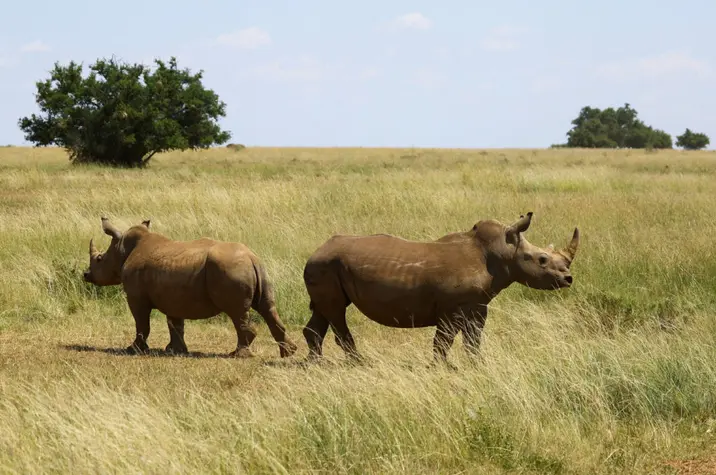
South African scientists take bold steps to protect rhinos
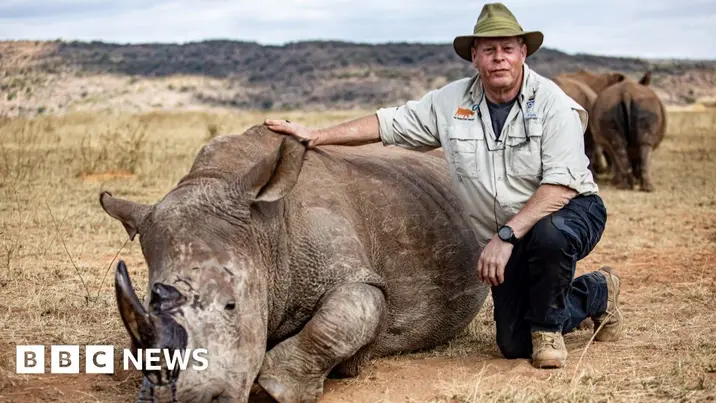
South Africa fights rhino poaching with radioactive horns
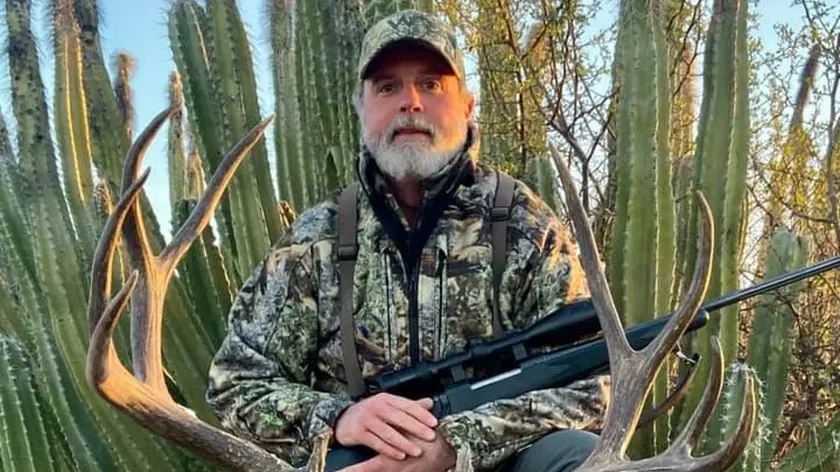
Millionaire hunter gored to death by buffalo in South Africa
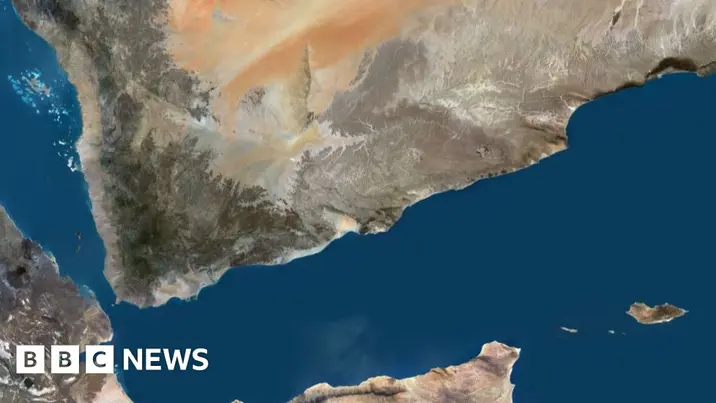
Migrant boat capsizes off Yemen, over 60 dead
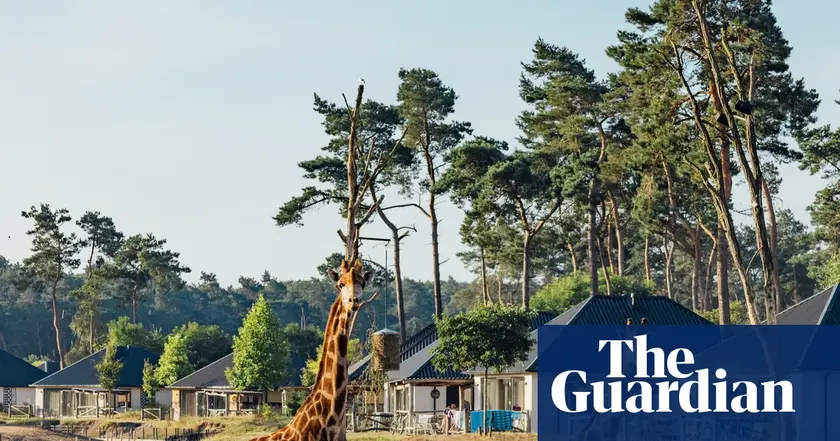
Beekse Bergen Safari Brings Africa Home
